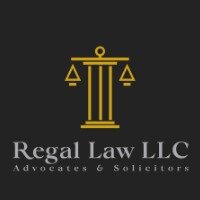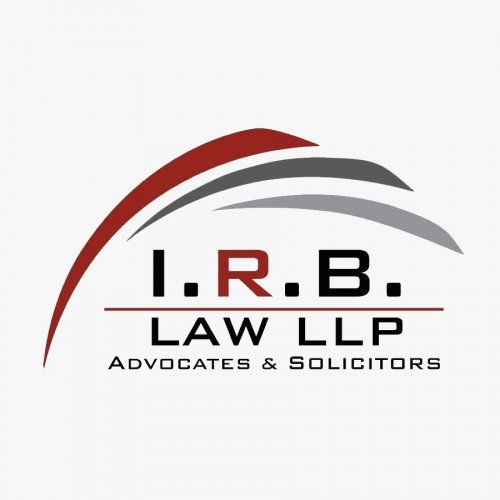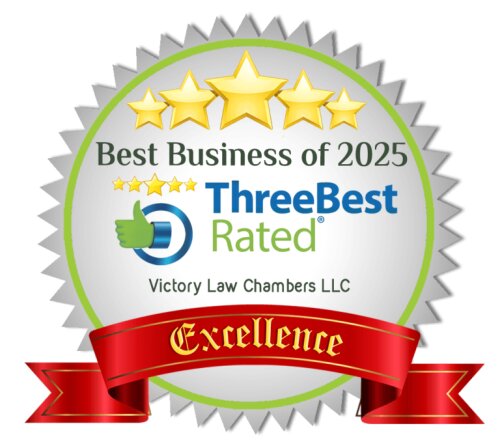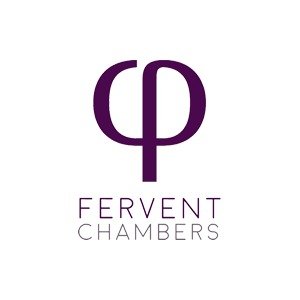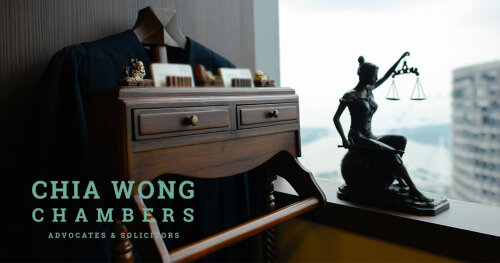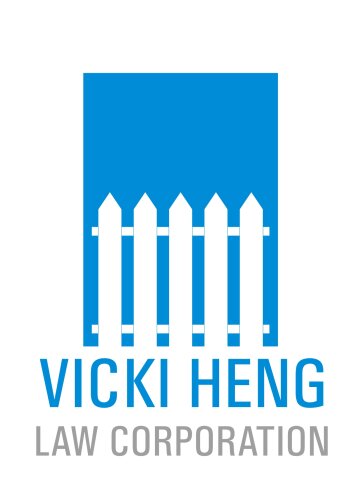Best Antitrust Litigation Lawyers in City Hall
Share your needs with us, get contacted by law firms.
Free. Takes 2 min.
List of the best lawyers in City Hall, Singapore
About Antitrust Litigation Law in City Hall, Singapore
Antitrust litigation in City Hall, Singapore, refers to legal disputes and enforcement actions relating to the enforcement of competition laws, particularly as governed by the Competition Act (Cap. 50B). This body of law is designed to promote fair competition, prevent anti-competitive conduct, and protect consumer welfare in Singapore's dynamic commercial sector. Common issues include agreements that restrict competition, abuse of dominant market position, and mergers that may substantially lessen competition. City Hall, being a key commercial and administrative hub, often sees businesses and individuals needing to navigate complex antitrust issues.
Why You May Need a Lawyer
Individuals and businesses may require a lawyer experienced in antitrust litigation for several reasons. A lawyer can provide guidance in situations such as:
- Facing investigations or enforcement actions initiated by the Competition and Consumer Commission of Singapore (CCCS)
- Being accused of entering into anti-competitive agreements such as price-fixing or bid-rigging
- Defending against allegations of abusing a dominant market position
- Seeking to challenge anti-competitive actions by competitors in City Hall
- Reviewing proposed mergers or acquisitions for possible competition law breaches
- Navigating compliance in complex commercial transactions
- Taking legal action for damages arising from a competitor’s anti-competitive behavior
Having a qualified lawyer ensures your rights and interests are protected, and that you are compliant with Singapore's competition law framework.
Local Laws Overview
In Singapore, antitrust and competition matters are principally regulated by the Competition Act, which is enforced and administered by the CCCS. Key aspects of the Act relevant to City Hall businesses and residents include:
- Section 34 Prohibition: Bans agreements, decisions or practices that prevent, restrict, or distort competition within Singapore, such as price-fixing or market sharing.
- Section 47 Prohibition: Prohibits abuse of dominant position, including predatory pricing or refusal to supply that harms competition.
- Merger Provisions: Mergers or acquisitions that may substantially lessen competition can be subject to investigation and penalties.
- Block Exemptions: Certain agreements may be exempted if they produce economic or technological benefits outweighing the restrictions on competition.
- Leniency Programmes: Businesses that come forward with evidence of cartel activity may receive reduced penalties under CCCS policies.
Violations can lead to hefty financial penalties, director disqualifications, and reputation damage. Because City Hall is a major business district, local companies must be especially vigilant about compliance with these laws.
Frequently Asked Questions
What is considered anti-competitive conduct in Singapore?
Anti-competitive conduct can include agreements to fix prices, sharing markets, limiting production, or abusing a dominant position to exclude competitors or exploit consumers. All such conduct is prohibited under Singapore's Competition Act unless exempted.
Who investigates and enforces antitrust laws in City Hall, Singapore?
The Competition and Consumer Commission of Singapore (CCCS) is the main regulatory authority responsible for investigating and enforcing competition laws in City Hall and throughout Singapore.
Can individuals be held liable for antitrust violations?
Yes, in some cases, directors, managers, or employees involved in anti-competitive behavior can face penalties, including fines and disqualification from holding directorships.
What should I do if my business is being investigated for antitrust violations?
You should immediately contact a lawyer with experience in competition law. Do not destroy any documents or attempt to conceal evidence. Cooperate with authorities and follow your lawyer’s guidance.
Are all mergers subject to review by the CCCS?
Not all mergers are automatically reviewed, but businesses are encouraged to self-assess whether a merger might substantially lessen competition. Notification to CCCS is voluntary but recommended in cases where competition concerns may arise.
Can I claim damages if my business has suffered from a competitor's anti-competitive actions?
Yes, if you have suffered losses due to anti-competitive conduct, you may be able to bring a private action in court to claim damages after the relevant conduct has been found in breach by CCCS.
Does the Competition Act apply to all sectors in City Hall, Singapore?
While the Competition Act covers most sectors, there are some exclusions such as telecommunications and media, which have their own regulatory frameworks.
What penalties can be imposed for breaching competition laws?
Penalties include financial fines (up to 10 percent of annual turnover for each year of infringement, up to a maximum of 3 years), orders to cease the conduct, and in serious cases, disqualification of directors.
How long does an antitrust investigation usually take?
Investigations can range from several months to a few years, depending on the complexity of the case and the cooperation of the parties involved.
If I uncover anti-competitive practices in my industry, what should I do?
You should consider reporting your findings to the CCCS and consult a lawyer. Leniency or whistle-blower protections may apply if you voluntarily provide significant information relating to a cartel or anti-competitive conduct.
Additional Resources
For further assistance and information related to antitrust litigation and competition law in City Hall, Singapore, the following resources are recommended:
- Competition and Consumer Commission of Singapore (CCCS): The main authority for competition matters, providing guidelines, public consultation documents, and case studies.
- Law Society of Singapore: Can help you find qualified lawyers experienced in antitrust litigation.
- Singapore Academy of Law: Offers publications, seminars, and legal research tools.
- Singapore Courts: Registry and procedural information on making claims or filing legal actions related to competition law breaches.
- Business Chambers and Industry Groups: Some provide legal clinics or workshops on competition compliance in Singapore.
It is always advisable to seek professional legal advice tailored to your situation when dealing with complex antitrust issues.
Next Steps
If you believe you require legal assistance with an antitrust matter in City Hall, Singapore, consider the following steps:
- Gather any relevant documents, communications, or evidence relating to your query or dispute.
- Contact a lawyer or law firm with experience in antitrust litigation and competition law.
- Consider reaching out to the CCCS for guidance, especially if you suspect a breach has occurred in your sector.
- Stay informed about your rights, responsibilities, and the latest developments in Singapore’s competition law landscape.
- Attend workshops or seminars provided by legal or business organizations to understand compliance best practices.
Taking timely and informed action is crucial to protecting your business interests and ensuring compliance with Singapore’s robust antitrust regime.
Lawzana helps you find the best lawyers and law firms in City Hall through a curated and pre-screened list of qualified legal professionals. Our platform offers rankings and detailed profiles of attorneys and law firms, allowing you to compare based on practice areas, including Antitrust Litigation, experience, and client feedback.
Each profile includes a description of the firm's areas of practice, client reviews, team members and partners, year of establishment, spoken languages, office locations, contact information, social media presence, and any published articles or resources. Most firms on our platform speak English and are experienced in both local and international legal matters.
Get a quote from top-rated law firms in City Hall, Singapore — quickly, securely, and without unnecessary hassle.
Disclaimer:
The information provided on this page is for general informational purposes only and does not constitute legal advice. While we strive to ensure the accuracy and relevance of the content, legal information may change over time, and interpretations of the law can vary. You should always consult with a qualified legal professional for advice specific to your situation.
We disclaim all liability for actions taken or not taken based on the content of this page. If you believe any information is incorrect or outdated, please contact us, and we will review and update it where appropriate.



